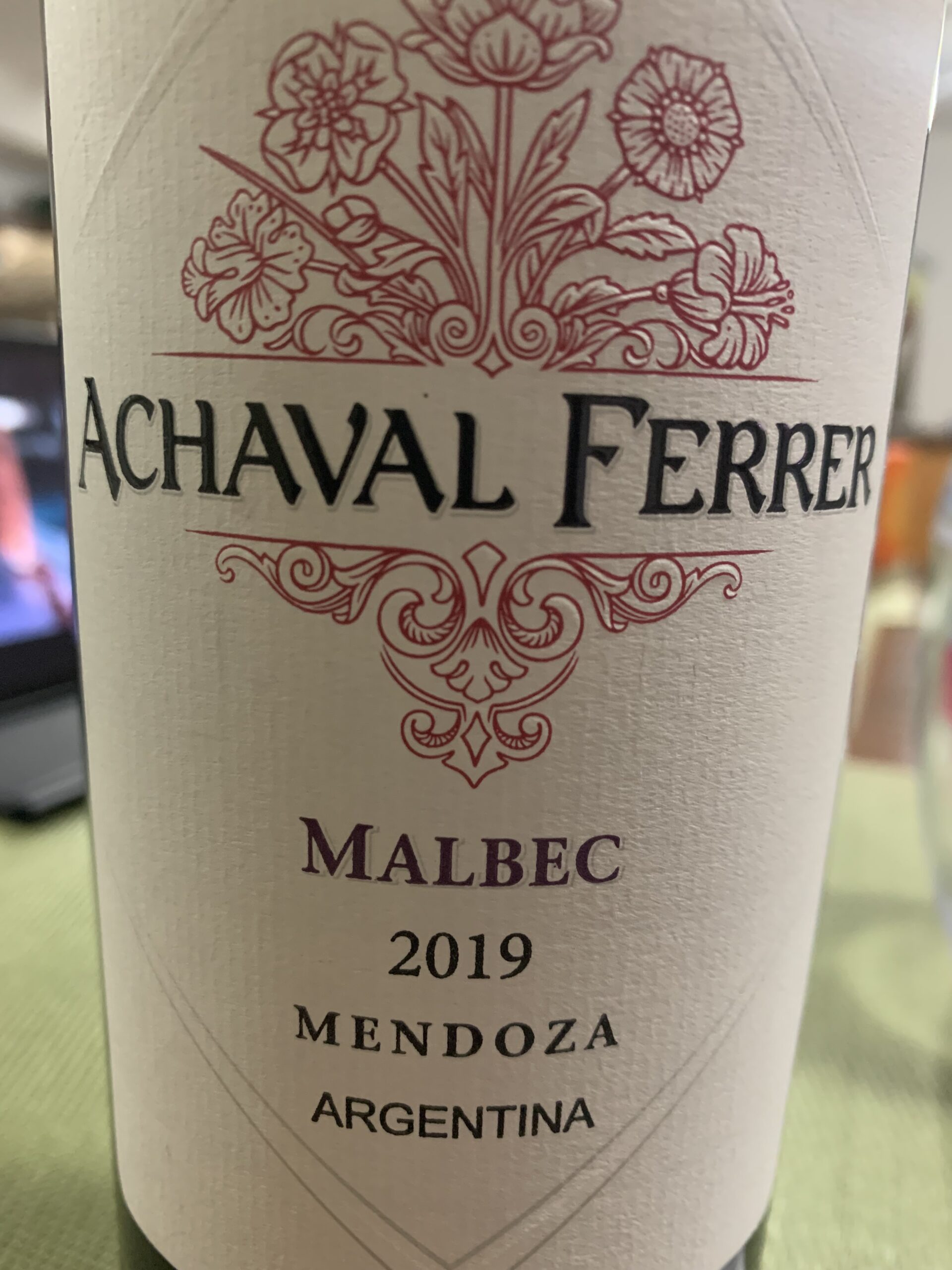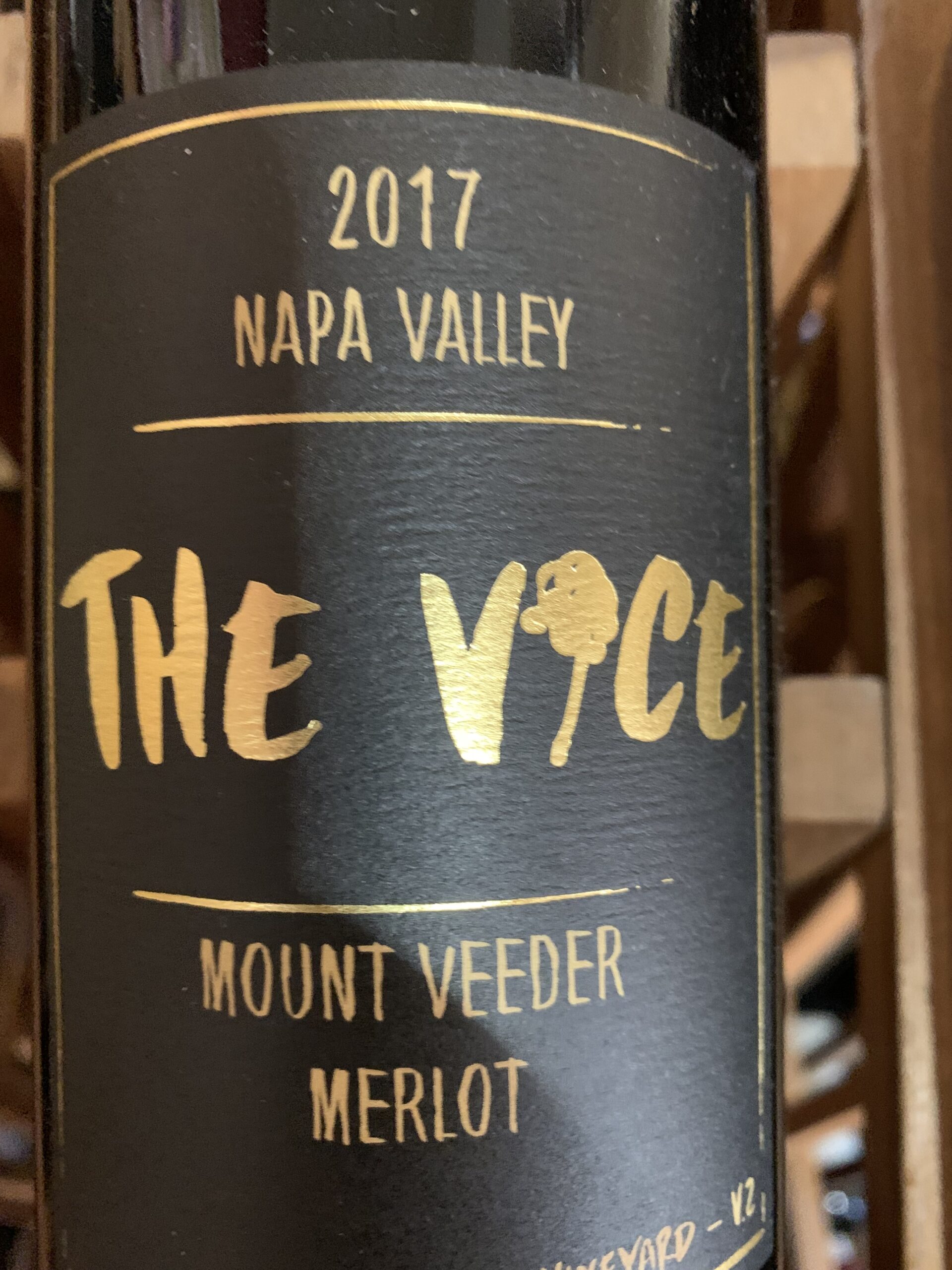Pio Cesare 2012 Barolo The Pio Cesare Winery was founded in 1881 by Cesare Pio. He was one of the very first wine producers to believe in the great potential and quality of Barolo, Barbaresco, Barbera and in the other great wines of Piemonte. Cesare Pio in the second half of the 1800s, was among the very first winemakers to produce these wines with a philosophy that was dedicated to the terroir and the strictest quality of the wine. For five generations, the Pio Cesare family has been producing traditional Piemontese wines in its ancient cellars, located in the center of the town of Alba. The cellars walls date back…
-
-
La Spinetta Pin 2012 The Rivetti family story begins in the 1890’s, when Giovanni Rivetti, left Piedmont for Argentina. Like many Italians then, he dreamed of returning a rich man, perhaps even one day able to make great wine in his homeland. He never did, though his son, Giuseppe “Pin” did. Pin married Lidia, bought vineyards and began to make wine. In 1977 the family took up residence at La Spinetta (top of the hill) in Castagnole Lanze, it was the heart of the Moscato d’Asti country. But the Rivettis believed that Moscato had the potential for greatness and set out to prove it by making Moscato Bricco Quaglia and…
-
Domenico Clerico Aeroplanservaj Barolo 2010 Domenico Clerico spends his days among the vineyards of Monforte’s Crus, as he has been doing for years. In 1976 this Piedmont producer took the reins of the family winery and dedicated himself exclusively to the production of great wines, and acquired some of the most highly-rated parcels of the Monforte Crus. Aeroplanservaj (“wild aeroplane”), is the nickname his father gave him when he was little and in his fantasy world imagined himself flying high above the vines. Only produced in the best vintage years, it’s a Barolo that starts life in a vineyard with east/south-easterly sun exposure in Serralunga d’Alba. The soil composition,…
-
Renato Ratti 2009 Barolo Rocche In 1934 Renato Ratti is born. After studying enology in Alba, he “emigrates” to Brazil where he is put in charge of the production of Vermouths and sparkling wines for Cinzano of Sao Paolo. The experiences gained operating in such a vast, and challenging country as Brazil will prove fundamental in the development of an innovative outlook, one that will characterize his later work back in the hills of Piedmont’s Langhe region. In 1965 Renato Ratti returns to Piedmont and buys his first vineyard for the production of Barolo: a small plot in the historical zone of Marcenasco, right below the Abbey of L’Annunziata (Our…
-
Michele Chiarlo 2009 Barolo Tortoniano The Chiarlo style has always that of producing greatly elegant and complex wines with a tendency to excellent longevity and at the same time, featuring all the characteristics of the vineyards and soil from which they claim their origin. In the cellar, winemakers Stefano Chiarlo and Gianni Meleni pursue the goal of being faithful to the Chiarlo style: a moderate and careful use of wood for their red wines so that the varietal and the soil characteristics remain evident. Michele Chiarlo worked tenaciously together with other prestigious producers to raise the level of the noble Barolo, making it less austere and with smoother tannins, but…
-
Renato Ratti 2009 Barolo Marcenasco In 1934 Renato Ratti is born. After studying enology in Alba he “emigrates” to Brazil where he is put in charge of the production of Vermouths and sparkling wines for Cinzano of Sao Paolo. The experiences gained operating in such a vast, and challenging country as Brazil will prove fundamental in the development of an innovative outlook, one that will characterize his later work back in the hills of Piedmont’s Langhe region. In 1965 Renato Ratti returns to Piedmont and buys his first vineyard for the production of Barolo: a small plot in the historical zone of Marcenasco, right below the Abbey of L’Annunziata (Our…
-
Serradenari 2005 Barolo The name of the farmhouse, Serradenari, harks back to centuries ago, when the Black Death forced the peasants of Barolo and La Morra to leave their lands and take refuge on the crest, taking with them all their savings – hence, the name Serradenari, from “Sara D’nè,” which in the local dialect means “sierra of money.” The Diatto-Negri family has owned Serradenari since the late 19th century, they were entrepreneurs in Turin, where they produced Italy’s first automobile in the late 1800s, and Serradenari was their country estate. But year after year the Diatto-Negri family started exporting the wine it produced almost as a hobby. It was…
-
Fratelli Alessandria 2005 Barolo Monvigliero Fratelli Alessandria produces wines only from their own grapes and continues to manage the winery as a family run operation. Fratelli Alessandria is owned by Gian Battista together with his wife Flavia, his brother Alessandro and his son Vittore. Together they proudly carry on their ancestors’ tradition and passion for wine making. Gian Battista’s belief is that “A great wine comes from a great vineyard”, and he personally takes care of the vineyards. Fratelli Alessandria Barolo Monvigliero has been aged for at least two years in oak and six months in the bottle before release. The Nebbiolo grapes used in this vintage comes from vines…
-
Vietti 2010 Nebbiolo Perbacco I recently reviewed Vietti 2011 Barbera D’Alba Tre Vigne and talked about the history and roots of the Vietti Winery dating back to the 19th Century and how Mario Vietti, in 1919, made the first Vietti wines, see my July 1, 2014 review. I was very impressed with the Barbara, I decided to delve deeper into Vietti’s wine offerings. Also in the July 1, 2014 review, I described how the winemakers, in 1970, began to update their wine labels through their friendship and support of local artists and continues today. Opening a bottle of the 2010 Perbacco, which is 100% Nebbiolo grapes, that come from eight…
-
Pio Cesare 2009 Barolo The Pio Cesare Winery was founded in 1881 by Cesare Pio. He was one of the very first wine producers to believe in the great potential and quality of Barolo, Barbaresco, Barbera and in the other great wines of Piemonte. Cesare Pio in the second half of the 1800s, was among the very first winemakers to produce these wines with a philosophy that was dedicated to the terroir and the strictest quality of the wine. For five generations, the Pio Cesare family has been producing traditional Piemontese wines in its ancient cellars, located in the center of the town of Alba. The cellars walls date back…


